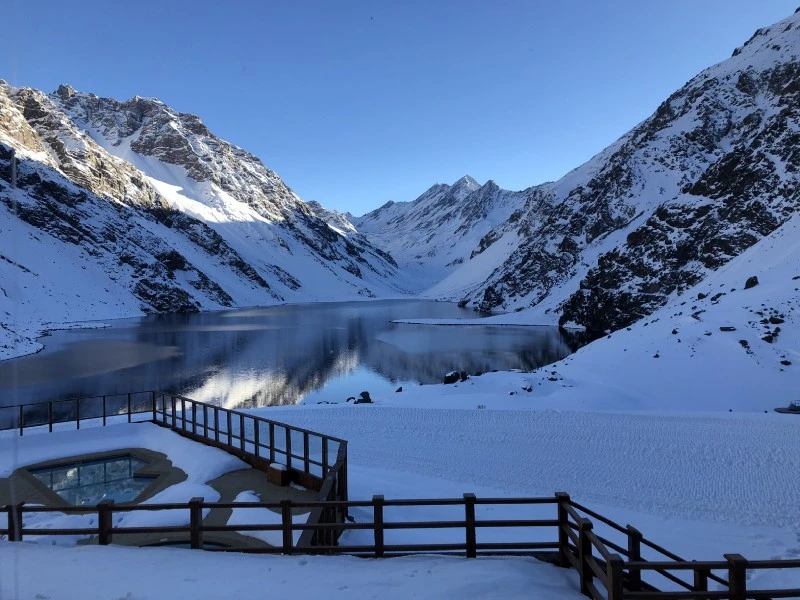A Look into Chile’s Startup Ecosystem
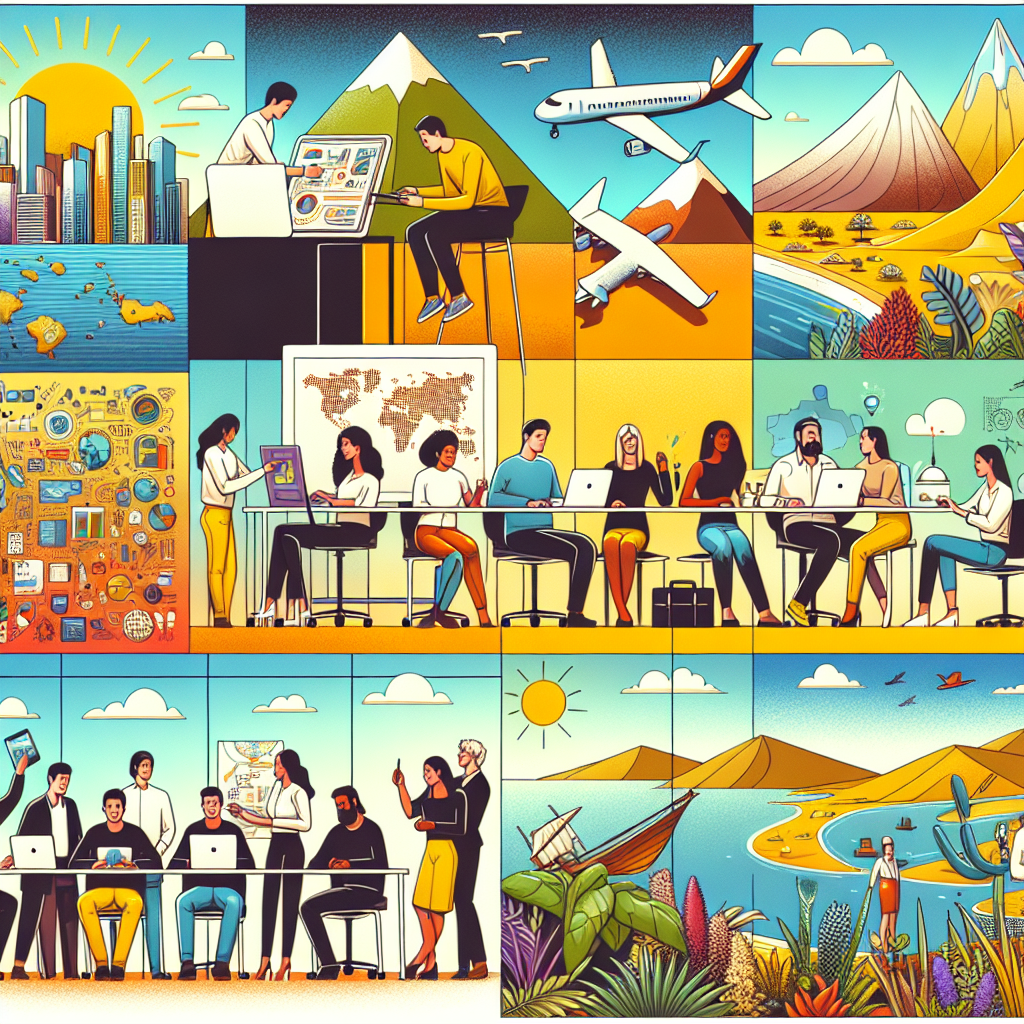
In retrospect, my trip to Chile was fantastic. Although flying for over 30 hours from Hong Kong and dealing with jet lag was challenging, the adventure proved to be worthwhile. I learned a great deal, not just in a formal setting but also through intelligent and educational discussions. The tour enriched my understanding of the startup ecosystem, B-corporations, and the entrepreneurial spirit.

Chile’s startup ecosystem is truly remarkable. During my visit, I learned that Santiago is the sixth-largest VC center in terms of dollars raised. Its proximity to Brazil, a significant market, makes it an ideal place for launching businesses in Latin America. Brazil and Argentina together account for 82% of the total value and represent over 80% of the regional ecosystem. Many successful startups, such as Mercado Libre, Despegar.com, and Arch Daily, either emulate successful business models from other countries or are world-firsts. Despite their geographical remoteness, Chilean firms like Lunna, Bluesmart, Poliglota, Recorrido.cl, and Destacama have a strong international presence. The growth of “Chilecon Valley,” fueled by government support, has impressed me.
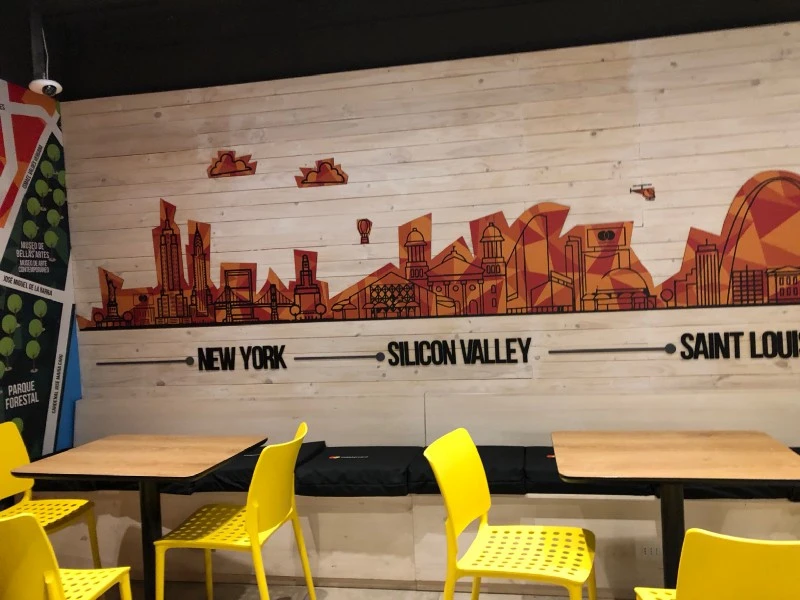
One discussion that particularly struck me revolved around B-corporations. I am aligned with the ideas of social impact and sustainability. When I had the opportunity to speak with the General Manager of a Venture Capital firm, I found that he prioritizes quick profitability and commercial viability. He had an interesting perspective on B-corporations, suggesting that balancing both the social (“B”) and corporate (“corp”) aspects is challenging. I agree with his viewpoint, as it resonates with my own experiences regarding the complexities of developing a long-term business model.

Reflecting on my journey, I’ve noticed that the primary cultural difference between Chile and Hong Kong lies in the entrepreneurial spirit of the inhabitants. In Hong Kong, most graduates aim for secure jobs with good income and a steady paycheck. In contrast, only 12% of Chileans were self-employed in 2008. The Hong Kong government offers limited support for the startup scene, as most of its GDP is concentrated in financial services and real estate, with little diversification. In contrast, the Chilean government heavily invests in the Startup Chile program, which backs two out of every ten enterprises.
Despite Chile’s economy being primarily copper-based, the government has made extensive investments to import entrepreneurs to diversify the economy and improve people’s quality of life in the long term. Hong Kong’s culture is more risk-averse compared to Chile, where failure is viewed as an opportunity for learning.
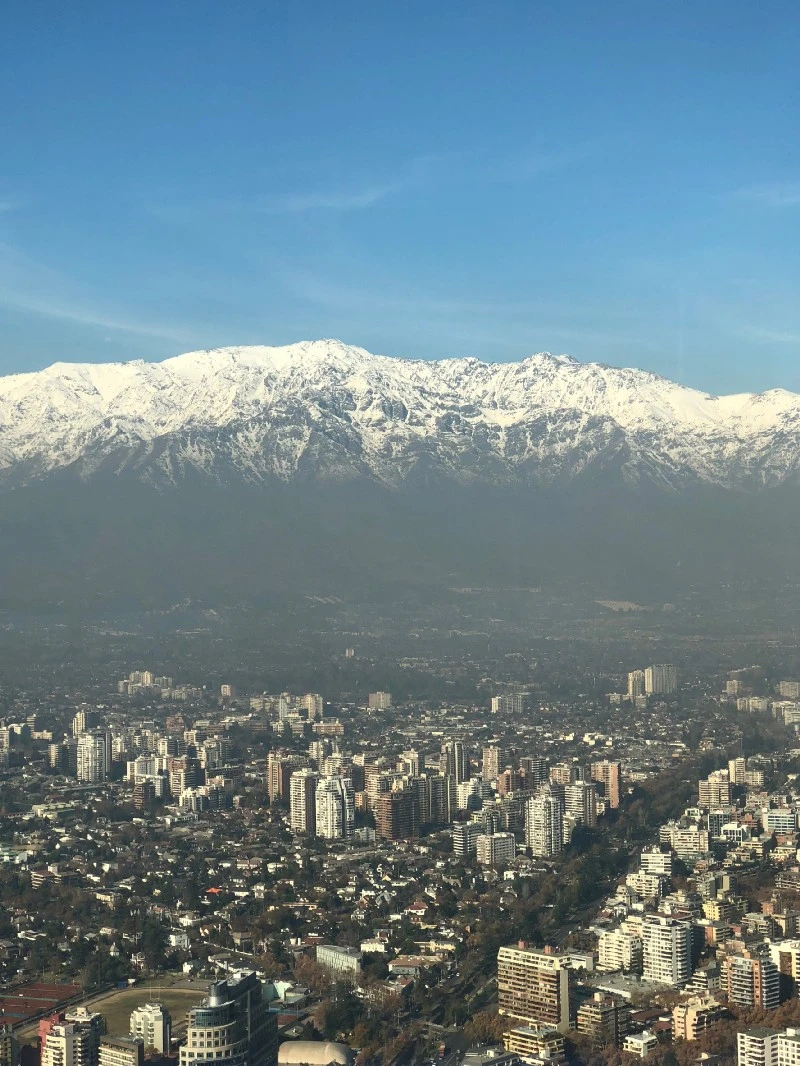
I am interested in starting a business in Chile and have applied for a one-year visa under the Startup Chile program. After engaging with Fundacion Mi Parque, I’m considering launching a company that specializes in technical consultancy for non-profits (NGOs). We live in a digital world where technology is utilized to revolutionize traditional industries. However, many NGOs may not have the resources to employ an IT staff to build their websites, mobile apps, or Customer Relationship Management (CRM) tools. If I can secure government funding and donations, I plan to help these NGOs establish an online presence, thus reducing their cost per donation and increasing their societal impact.
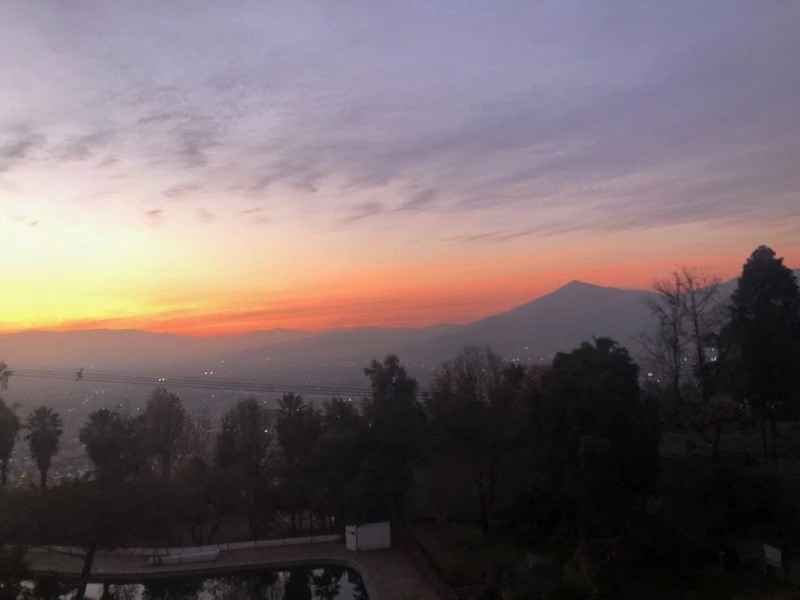
One of the main reasons I pursued an MBA was to find a solution for balancing technology and business. I believe that technology itself is merely a tool and insufficient for solving problems on its own. It requires a mix of project management, cross-sectional skills, and the ability to scale business operations. According to the speakers, Chile ranks 37th in service exports, with IT accounting for 28% of the service export industry. Additionally, Chile is ranked 7th worldwide in terms of digitization, boasting some of the best programmers. I see a great opportunity to establish an IT consulting firm in Chile and create synergies with the Hong Kong startup community. My international experiences in Chile have given me a new perspective, and I continue to search for answers.
